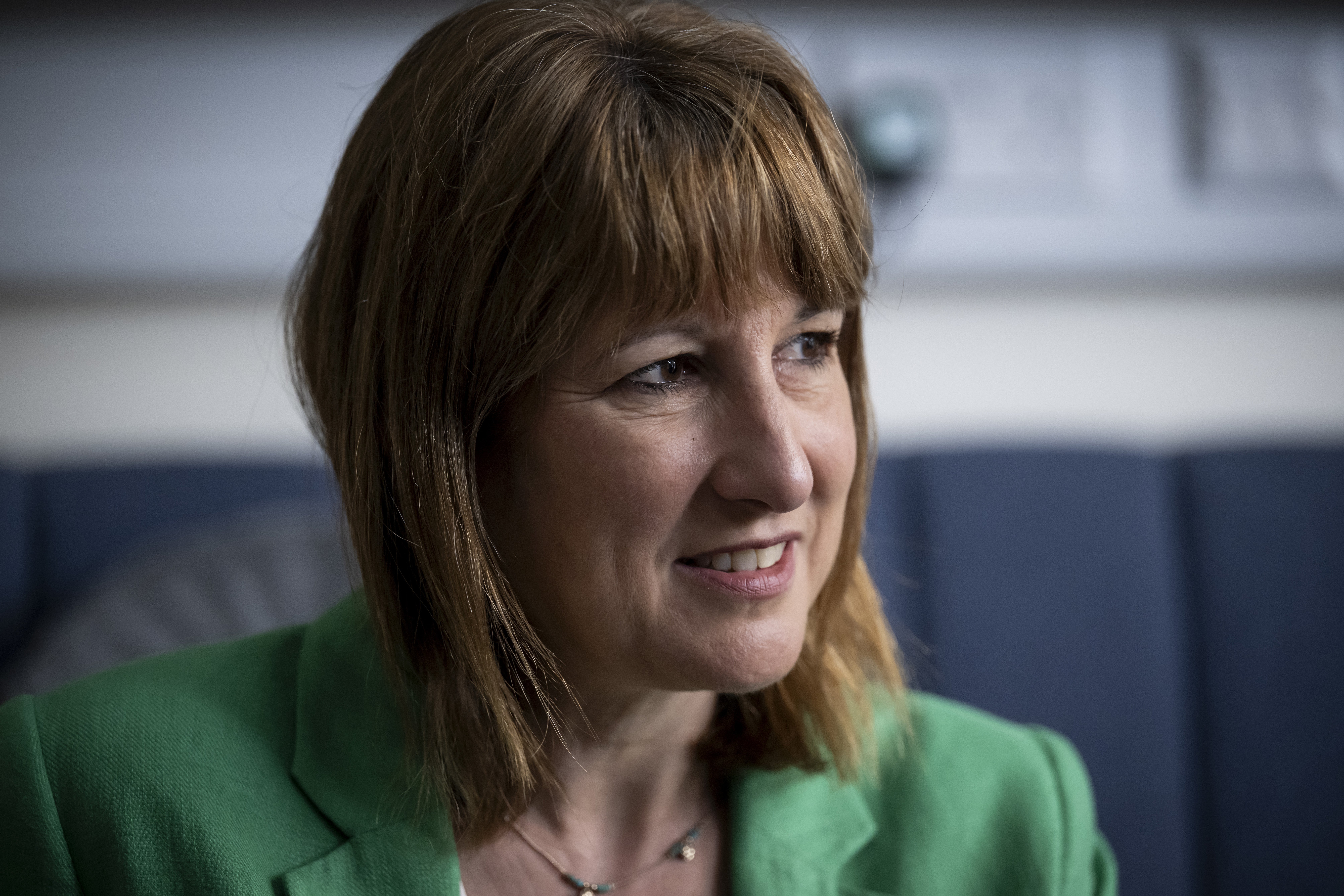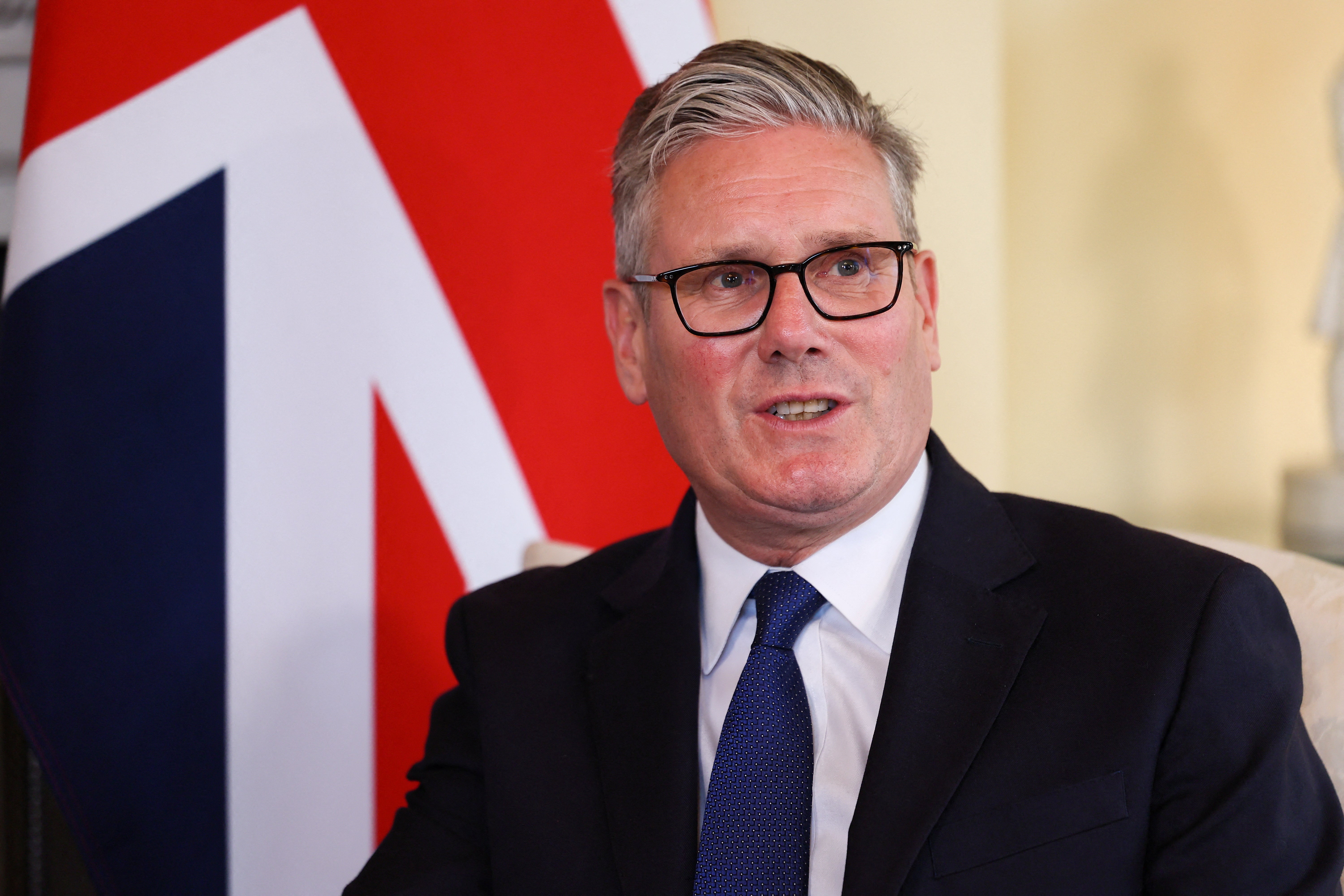Rachel Reeves has been given an inflation warning by the Bank of England as it cut interest rates to the lowest in two years but forecast months of sharp cost rises driven by higher food prices.
Days after the chancellor was warned she faces a £50bn black hole in the government’s finances, the bank said Ms Reeves’ national insurance hike and minimum wage rises were helping to push up the cost of the supermarket shop.
There was relief for borrowers as interest rates were cut to four per cent.
But the bank said headline inflation would accelerate to four per cent in September, while inflation on food will hit 5.5 per cent between now and Christmas – putting a squeeze on household budgets.

As a result the bank’s governor, Andrew Bailey, signalled that interest rates would fall more slowly in coming months, saying they were “still on a downward path” but changes would have to be “made gradually and carefully”.
Amid fears the rate cut could stoke inflation, the committee that made the decision was split and was forced to take a second vote for the first time in its history to break the deadlock.
The forecasts pile more pressure on the chancellor, less than 24 hours after Sir Keir Starmer pledged that this autumn’s budget will make “sure people feel better off”.
Ms Reeves welcomed the rate cut, saying it would help “bring down the cost of mortgages and loans for families and businesses”.
But she also left the door open to tax hikes in the Budget, after leading economists said she may have to raise levies, cut public spending or tear up her fiscal rules to fill a multi-billion black hole.
She also came under pressure from former Labour prime minister Gordon Brown who suggested increasing gambling taxes to fund the abolition of the two-child benefit cap and taking defence spending out of her borrowing rules to free up economic ‘headroom’.
But the Tories said the NI rise “and reckless borrowing have pushed inflation well above target”.

Alongside the announcement on a cut in interest rates, the Bank of England said the chancellor’s £25 billion national insurance raid has pushed up food prices.
Higher wage costs are contributing to food inflation, partly because of increases in minimum wages and the impact of the increase in National Insurance Contributions (Nics).
A “relatively high proportion of staff” in food manufacturing and retail are paid at or close to the national living wage, which increased by 6.7% in April.
“Furthermore, overall labour costs of supermarkets are likely to have been disproportionately affected by…
Read More: Winter inflation warning puts Reeves’ economic growth plan at risk



